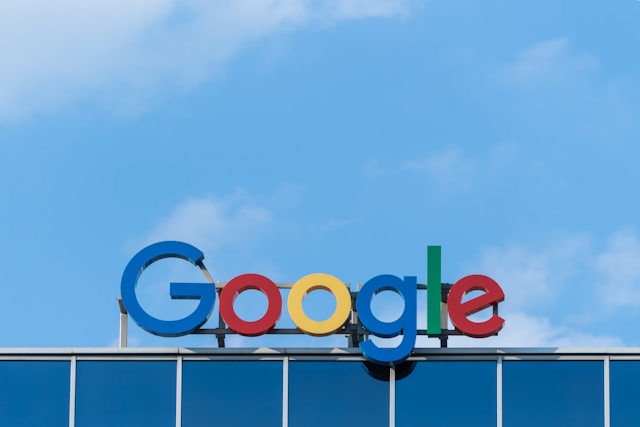Google’s new AI mode may devastate websites, publishers warn, as the internet enters a critical phase
The internet stands on the brink of a seismic transformation — one that may crush the open web and destroy the livelihoods of millions. At the centre of the storm is Google’s new AI Mode, an artificial intelligence-powered search tool that some experts fear could obliterate the very system the web was built upon.
For nearly three decades, the internet operated on a simple bargain: websites allowed Google to index their content for free, and in return, Google Search funnelled billions of users to those sites, generating clicks, ad revenue and commerce. But that fragile balance is now under threat.
On 20 May 2025, Google CEO Sundar Pichai announced AI Mode at the company’s annual developer conference, calling it a “total reimagining of Search.” Unlike the current AI Overviews feature, which sits atop traditional search results, AI Mode replaces them entirely. Instead of displaying a list of links, it generates AI-written answers to user queries, effectively becoming a mini-article generator inside Google Search itself.
The implications are enormous. Google processes five trillion searches every year. Its dominance over internet traffic is near-total. If AI Mode becomes the default search experience — as many expect — publishers fear it will gut the traffic they rely on to survive.
“If Google makes AI Mode the default in its current form, it’s going to have a devastating impact on the internet,” warns Lily Ray, vice president of SEO at Amsive. “It will severely cut into the main source of revenue for most publishers and disincentivise content creators who depend on organic search.”
Already, Google’s AI Overviews have slashed the number of users clicking through to websites. Numerous studies estimate click-through rates have dropped between 30% to 70% since AI-generated answers began appearing in search results. Some 60% of Google searches now end without the user visiting any external site — so-called “zero-click” searches.
Google insists fears are overblown. “Every day, we send billions of clicks to websites, and connecting people to the web remains a priority,” a spokesperson said. Nick Fox, Google’s senior vice president of knowledge and information, recently told a podcast that “the web is thriving,” citing a 45% growth in web content over two years — excluding spam.
But many publishers see a different reality. HouseFresh, a small air-quality review site, says Google’s recent AI changes have decimated its traffic. “We noticed a spike in impressions but clicks are down. People see our links, but the AI gives them the answers, so they don’t click,” says managing editor Gisele Navarro.
Navarro describes AI Mode as existentially dangerous for smaller publishers. “The web was like a giant library — communities sharing knowledge. That could disappear. It’s like asking a librarian for a book and having them summarise it for you instead.”
Embed from Getty ImagesBarry Adams, founder of SEO consultancy Polemic Digital, puts it bluntly: “‘Extinction’ may be too strong. ‘Decimation’ is more accurate. For many publishers, it will mean bankruptcy.”
Critics argue Google is rewriting the rules of the game it created. Websites that built their businesses around search traffic now find themselves squeezed out. “Google wrote the rules, rewarded the players, and now it’s saying, ‘This is my infrastructure — you just live in it,’” Navarro adds.
Even established sites are vulnerable. Smaller businesses fear they won’t be able to survive the drop in traffic, while larger brands may dominate an increasingly narrow pool of attention.
Dame Wendy Hall, a veteran computer scientist, strikes a philosophical note: “I’m not worried in the sense that this is all evolution… But for many people along the way, it will be too late.”
As AI Mode quietly rolls out in the US, the rest of the world watches closely. The open web isn’t dead — yet. But it may be entering its final, uncertain chapter.
